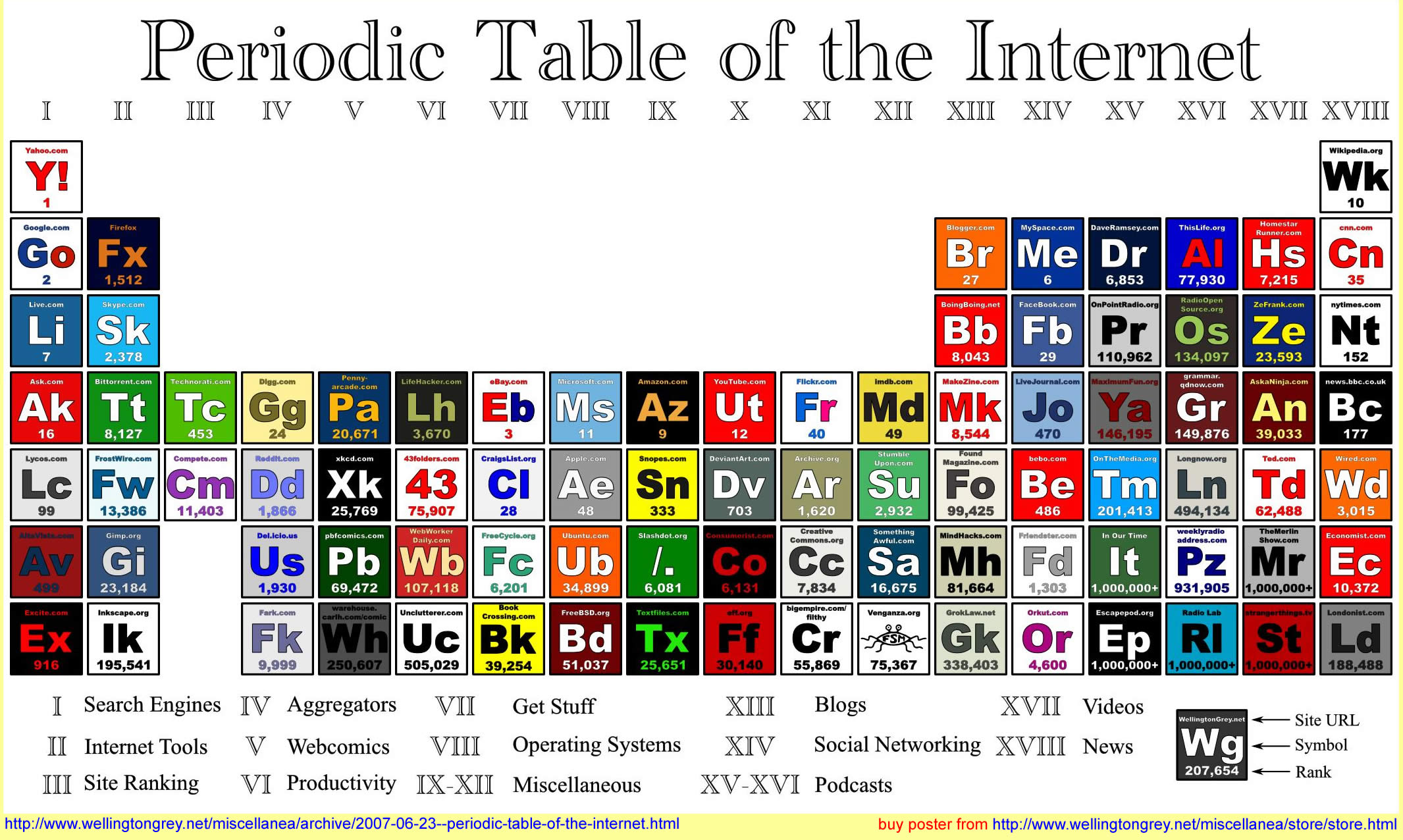When the Superbowl arrives every year, those of us who are even casual football fans, and many who never watch football at any other time, prepare for parties that rival Caligula's hedonism. While this is nothing new, and the tradition is certainly well-established, it has prompted a question about connections between two seemingly completely unrelated things.
I realize for some that the idea of Sunday football has become less about football and more about food, drink and friends. This is the relationship that I find so interesting. Essentially, the real reason for many people to watch the Superbowl (which is traditionally a mediocre game) is to give people an excuse to socialize with friends. With this connection in mind, some of the other real reasons we do things may start to unfold.
I thus present a lovehatethings list, based on no scientific research, and in no specific order, that I shall call...
The Real Reasons
The real reasons people read self-help books are to help moderate their insecurities. After all, if only 25% of the things in the book apply to you, there are people out there in 75% worse shape than you are.
The real reason people line up for things is to appease their demographic.
The real reason people ice fish is to drink.
The real reason people go to bars is to not be lonely.
The real reason women go clubbing is to have fun with friends.
The real reason men go clubbing is to get laid. This is also the irreducable primary for 90% of the things men do, but to save time, you'll just have to trust me.
The real reason people buy Monster Cables is because they believe cost equals quality.
The real reason we still go to McDonald's is because we were brainwashed as children to choose brand over exploring.
The real reason people drink alcohol is to forget.
The real reason that people blog is steeped in vanity.
The real reason that people podcast, in addition to vanity, is to out do bloggers.
The real reason people yell is because they feel insignificant.
The real reason people go to church is the same reason people use online social networking is the same reason people spend hours in a coffee shop is the same reason people watch Oprah.
The real reason we steal music by illegal downloading is because someone doesn't want us to.
The real reason we spend money on things we don't need is because concretizing our wealth is comforting to our sensiblities.
The real reason people go hunting is because they lack the serenity to go walking.
The real reason we buy the thing that's "new" and "improved" is more about wish fulfillment and possibility than actually belief.
The real reason the economy is so messed up is because we're lazy.
The real reason we're lazy is because action can lead to failure.
The real reason failure scares us has little to do with fear of our inabilities and more to do with our fear of others.
The real reason people laughed at that kid getting his head shot off in the back seat of the car by John Travolta in Pulp Fiction is because we're too scared to cry is the reason therapists thrive.
The real reason we advance technology is because the whenever we ask the existential questions that lead to the nature of real reason for everything, we realize we can't answer, but we hope technology will one day allow us to.
The real reason for every war of the modern era isn't borders or religion or resources, but the low self-esteem of the decision-makers.
The real reason borders still exist is to preserve a way of life that has been manufactured, packaged, imported and sold to you.
The real reason you "buy-in" is because it's too much work to "buy-out".
The real reasons that motivate our actions bely our need to avoid reality.


